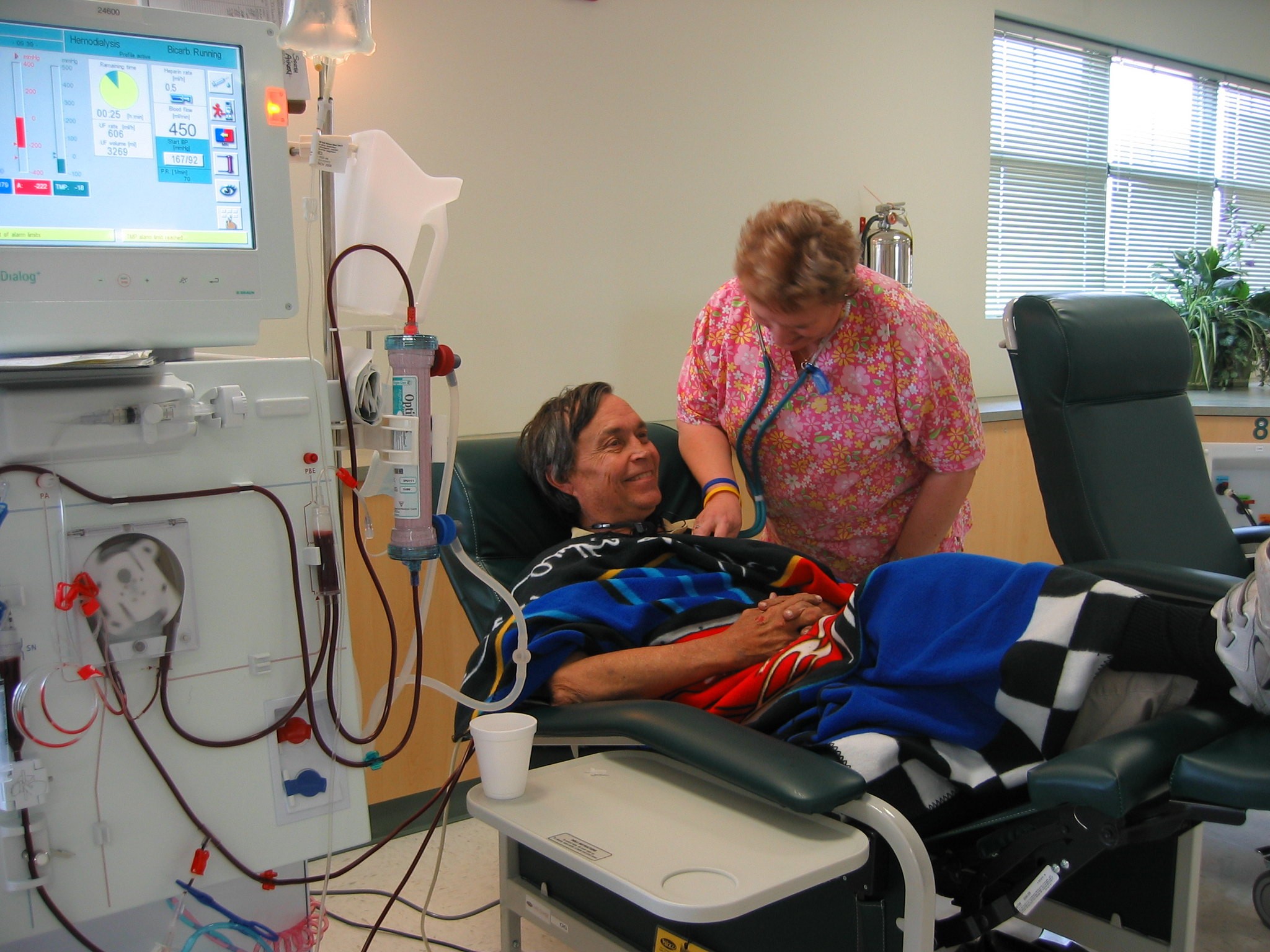News
Marcos to PhilHealth: Ensure expanded dialysis coverage

In a recent media forum, PhilHealth president and Chief Executive Officer Emmanuel Ledesma Jr. said the plan is part of their commitment to implement enhancements in the benefit packages for 2023. (File Photo: Frank DiBona/Flickr, CC BY-NC-ND 2.0)
MANILA – President Ferdinand R. Marcos Jr. on Wednesday was briefed by the Philippine Health Insurance Corp. (PhilHealth) on its short-term plans, including on the expansion of the outpatient hemodialysis package despite the suspension in the increase of its premium rate.
In a news release, the Presidential Communications Office (PCO) said PhilHealth acting president and CEO Emmanuel Ledesma Jr. informed Marcos about the state insurer’s short-term plans such as increasing the hemodialysis coverage from 90 to 156 sessions per year.
Marcos simply reminded PhilHealth to guarantee that all hemodialysis patients could avail of these benefit packages.
“President Ferdinand R. Marcos Jr. directed on Wednesday the Philippine Health Insurance Corp. to expand its coverage for its members,” the PCO said.
According to PhilHealth, dialysis support will be increased to three times a week for outpatients, equivalent to full weekly coverage annually.
Mid-term, long-term plans
Meanwhile, PhilHealth also presented before Marcos its plan to introduce a mobile app and short messaging service (SMS) confirmations, as well as the implementation of new benefit packages.
Under its new packages, PhilHealth is looking to introduce the outpatient mental health benefit package, outpatient package for severe acute malnutrition for children below five years old and strengthen its Konsulta package.
PhilHealth also plans to rationalize the Covid-19 in-patient packages, reverse transcription polymerase chain reaction (RT-PCR) and rapid antigen tests as well as isolation packages.
For its mid-term plan to be introduced in 2024, PhilHealth will carry out general amnesty for employers and government agencies with missed premium payments, which will cover businesses, employers and individuals, especially small and medium enterprises that cannot afford to pay the 3 percent interest on missed premium payments.
It also plans to impose penalties on erring doctors and hospitals instead of revoking their accreditation, amend the Universal Healthcare Law (UHC) and increase the case rates of top 10 packages with the highest claims filed.
An anti-fraud system will also be introduced and a reorganization of PhilHealth will also be implemented to ensure proper manpower complement, especially for claims processing and frontline services.
For its long-term plans, PhilHealth will be pursuing digitalization and the construction of PhilHealth-owned buildings and facilities.





















